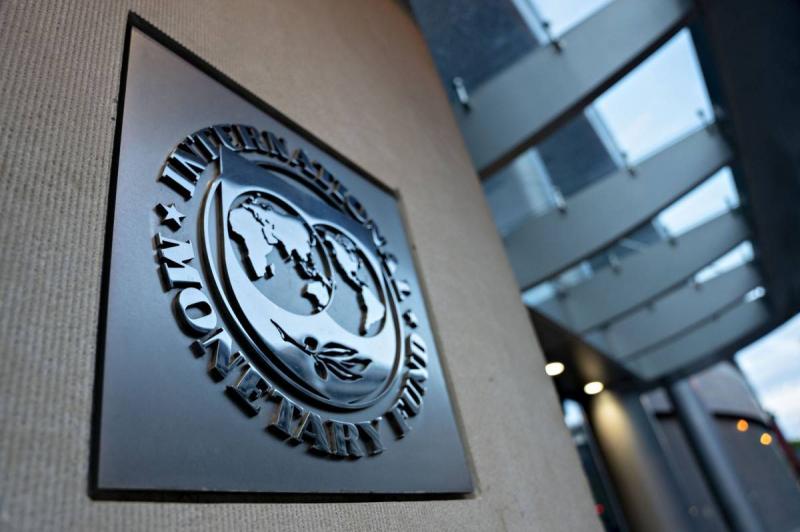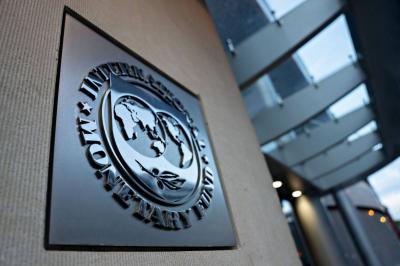The International Monetary Fund (IMF) confirmed today, Wednesday, that emerging market economies bore the brunt of the dollar's rise in 2022, reaching its highest level in two decades, suffering from capital outflows, rising import prices, and tightening financial conditions. The IMF stated that new research in its annual report on the external sector revealed that last year's dollar appreciation had a greater impact on emerging markets than on smaller advanced economies for reasons including the greater flexibility of exchange rates in the latter group.
The IMF reported that for every ten percent rise in the dollar due to global financial market forces, the GDP of emerging market economies decreases by 1.9 percent after one year, and this trend is expected to continue for two and a half years. The impact was notably less on advanced economies, with peak production declines reaching only 0.6 percent after one quarter, with effects largely dissipating within a year.
In the report, the IMF stated, "The real exchange rate of the dollar rose by 8.3 percent in 2022 to its highest level in two decades, amid the Federal Reserve's series of rapid interest rate hikes to curb inflation along with rising global commodity prices due to Russia's invasion of Ukraine."
It added, "Emerging and developing economies, which were already suffering from vulnerabilities such as high inflation and imbalanced external conditions, faced greater pressures due to the dollar's decline, while the economies of commodity-exporting countries benefited from rising prices."
The report's authors noted in a blog post, "More stable inflation expectations provide support by allowing for greater freedom in monetary policy. Any country that has devalued its currency can implement a more flexible monetary policy if expectations are stable, resulting in a slight initial decline in real output."
They further remarked, "In contrast, emerging market economies that have more flexible exchange rate systems tend to enjoy faster economic recovery due to the significant decline in the exchange rate."




